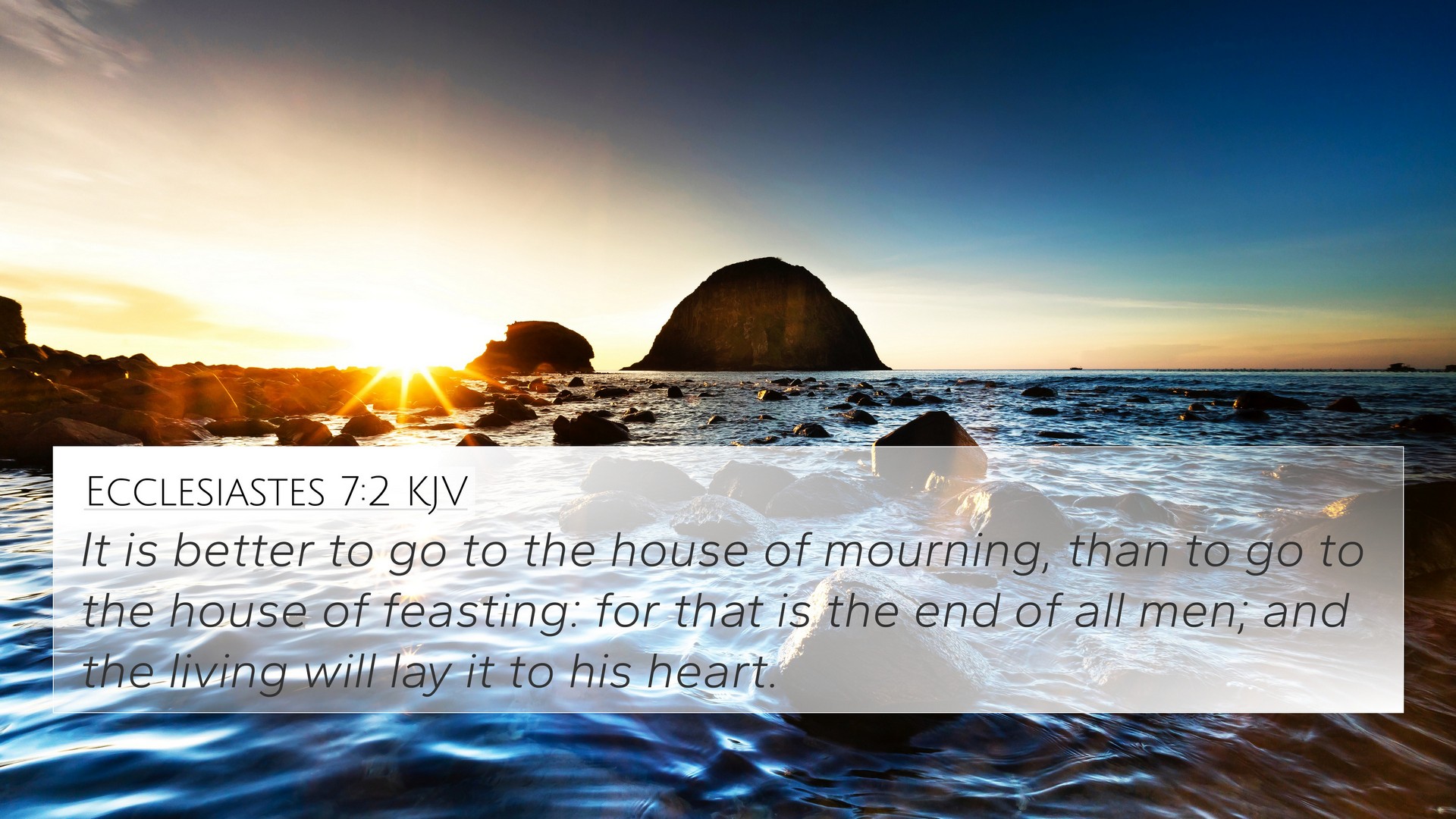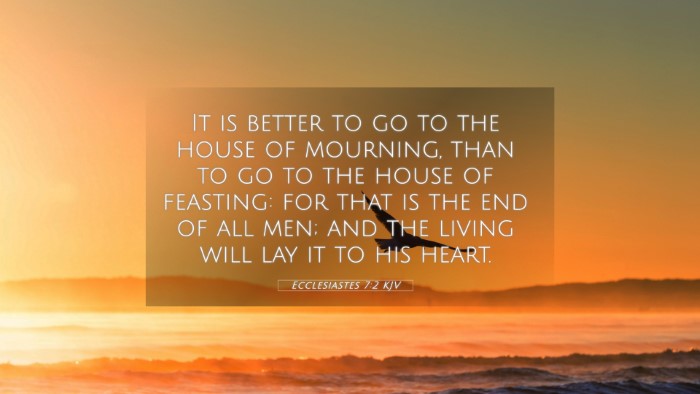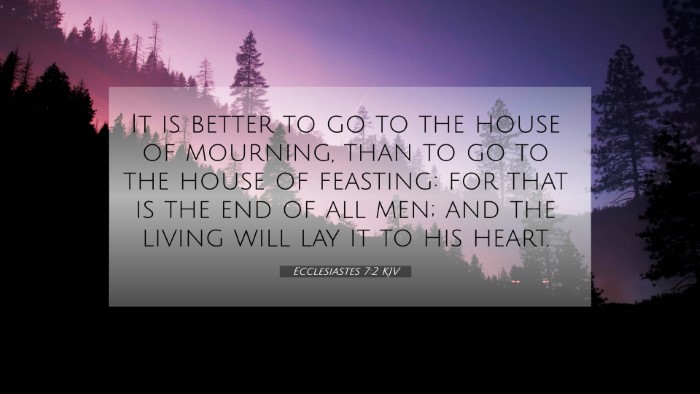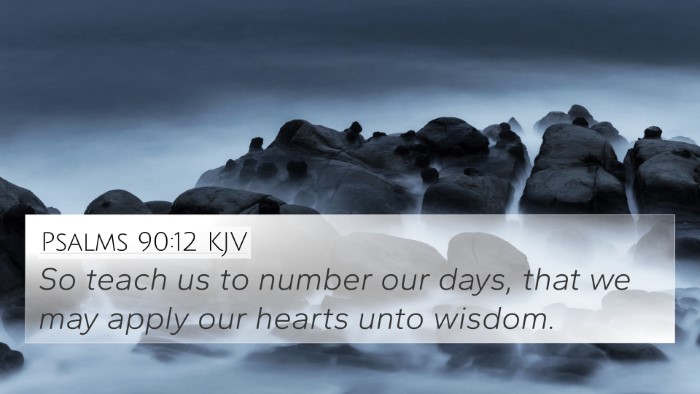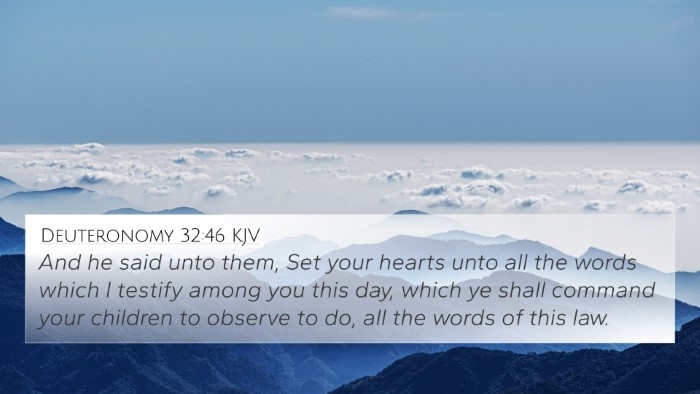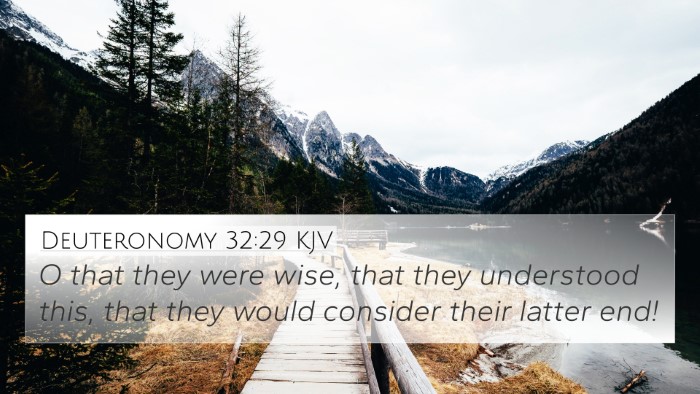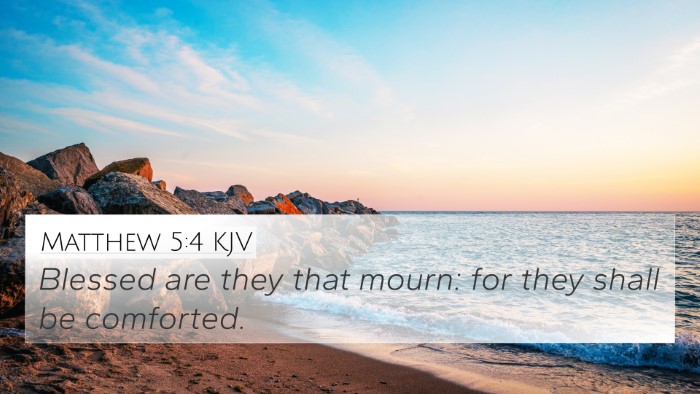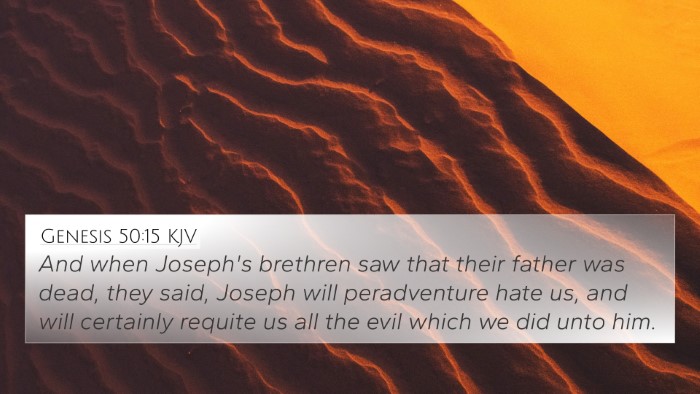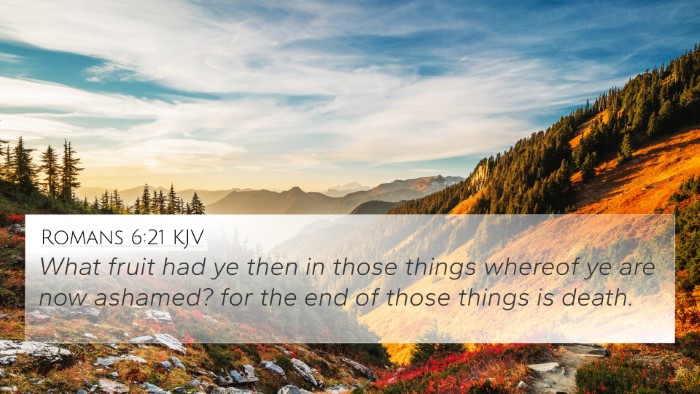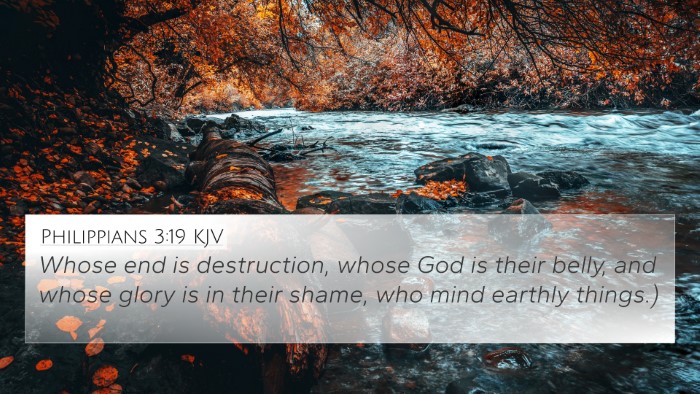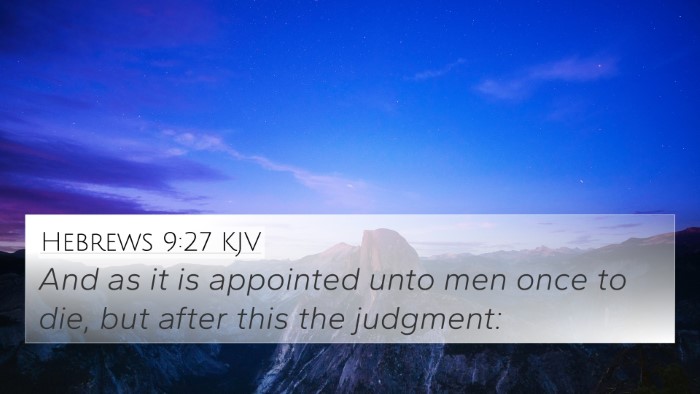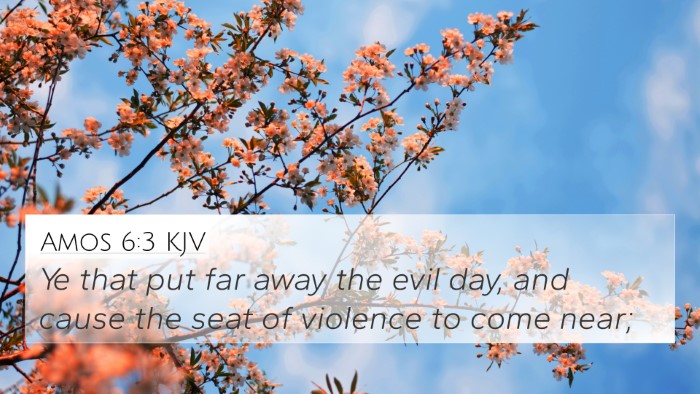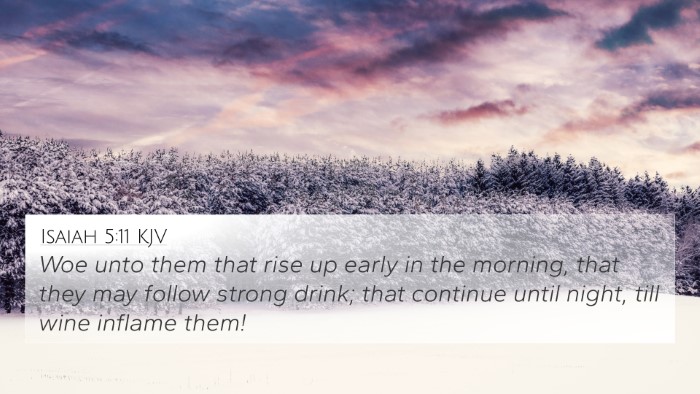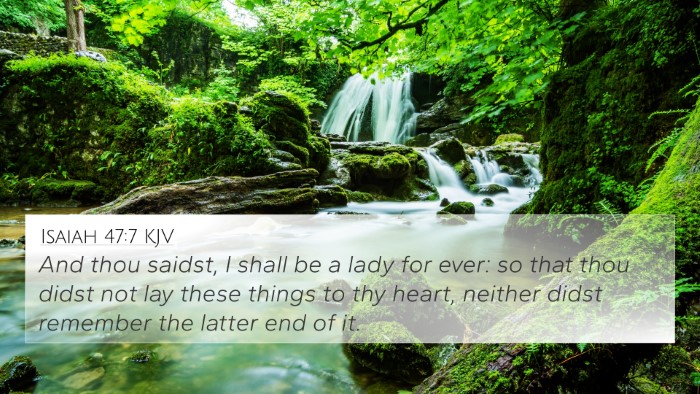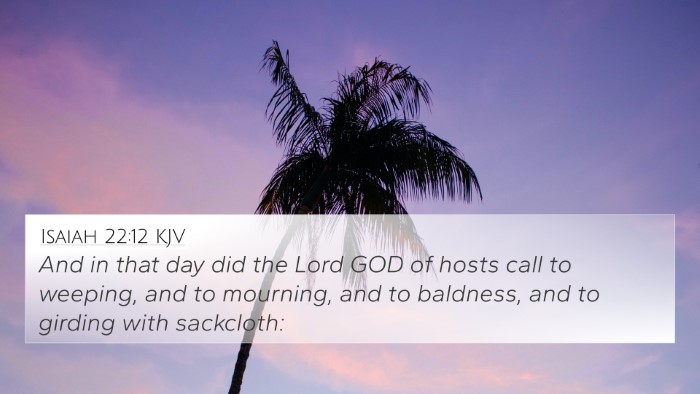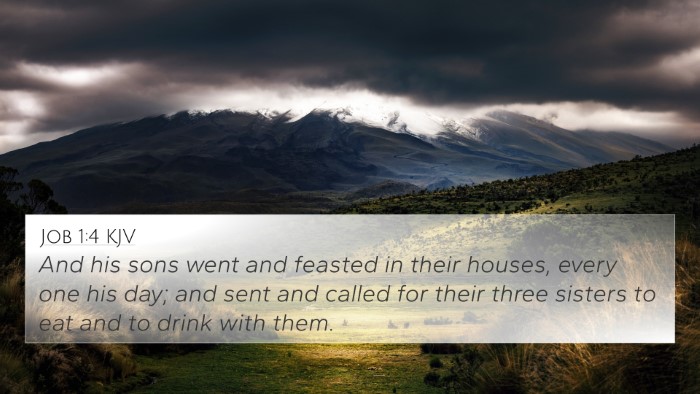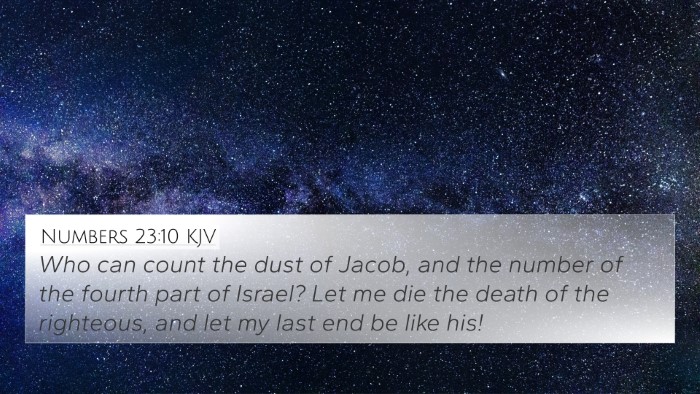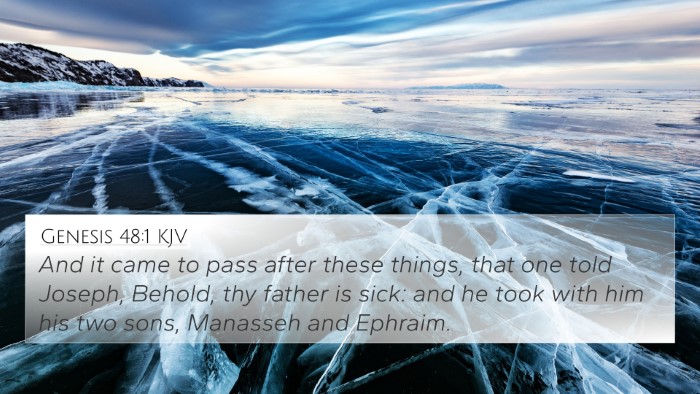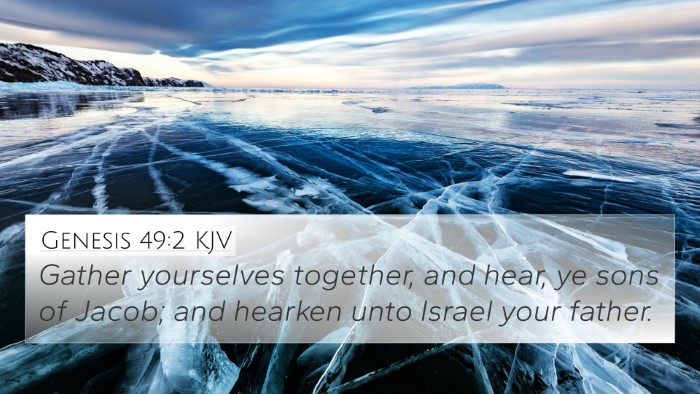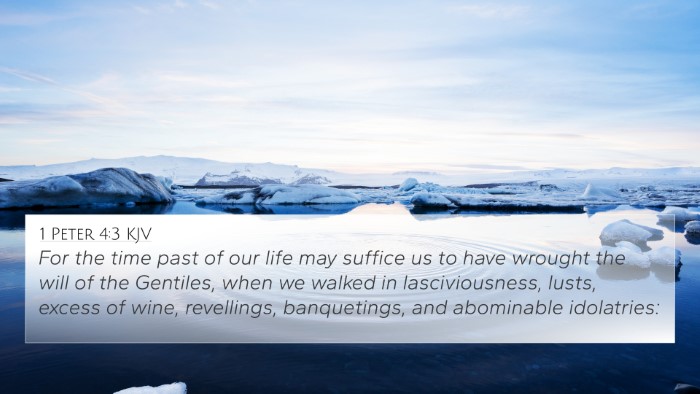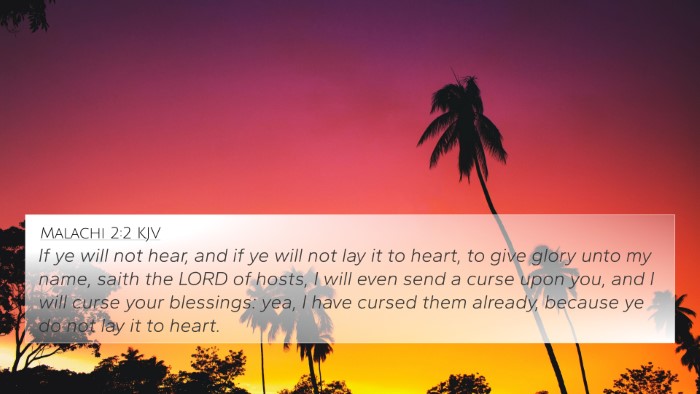Understanding Ecclesiastes 7:2
Verse: "It is better to go to the house of mourning than to go to the house of feasting: for that is the end of all men; and the living will lay it to his heart."
Combined Insights from Public Domain Commentaries
This verse from Ecclesiastes serves as a thought-provoking reminder of the nature of life, death, and the significance of wisdom gained through reflection.
Matthew Henry's Commentary
Matthew Henry emphasizes that gatherings for feasting are often superficial, leading people away from deeper truths. He suggests that going to the house of mourning provides a unique opportunity to consider mortality and the brevity of life. Mourning confronts individuals with reality, thereby encouraging introspection, repentance, and growth.
Albert Barnes' Notes
Albert Barnes elaborates that funerals and times of mourning can be more beneficial than joyous celebrations, as they remind us inevitably of our mortality. He points out that when individuals are faced with death, they are prompted to take stock of their lives, prioritize their spiritual well-being, and consider eternal truths. This perspective serves to strengthen one's character and faith.
Adam Clarke's Commentary
Adam Clarke interprets this verse as highlighting the idea that sorrow can lead to wisdom. Clarke notes that the house of mourning brings about a serious reflection on life’s ultimate purpose. He also views this reflection as essential for understanding oneself and one’s relationship with God, resulting in a deeper appreciation of life’s fleeting nature.
Thematic Connections with Other Bible Verses
Ecclesiastes 7:2 resonates with several other scripture passages that reflect on mortality and the pursuit of wisdom. The following are notable examples of cross-referenced Bible verses:
- Psalm 90:12: “So teach us to number our days, that we may apply our hearts unto wisdom.” - Emphasizing the importance of recognizing life's fleeting nature.
- Proverbs 14:13: “Even in laughter the heart is sorrowful; and the end of that mirth is heaviness.” - The contrast between superficial joy and deeper sorrow.
- Job 30:23: “For I know that thou wilt bring me to death, and to the house appointed for all living.” - Acknowledging death as a common destiny.
- Luke 13:3: “I tell you, Nay: but, except ye repent, ye shall all likewise perish.” - Urging reflection on one's life and need for repentance.
- James 4:14: “For what is your life? It is even a vapor, that appeareth for a little time, and then vanisheth away.” - Highlighting the transient nature of existence.
- Philippians 1:21: “For to me to live is Christ, and to die is gain.” - Pointing to the hope and gain found in death for believers.
- Ecclesiastes 3:1-2: “To every thing there is a season, and a time to every purpose under the heaven... a time to be born, and a time to die.” - Establishing the cyclical nature of life.
Reflections on Life and Death
The practical implications of Ecclesiastes 7:2 encourage believers to face life’s realities rather than evade them. This approach leads to wisdom and a more profound understanding of one's existence and relationship with God.
Tools for Bible Cross-Referencing
To delve deeper into the cross-referencing of biblical texts, one can utilize various tools:
- Bible concordance
- Bible cross-reference guide
- Bible chain references
- Comprehensive Bible cross-reference materials
Understanding Ecclesiastes 7:2 and the connections between Bible verses enriches one’s ability to interpret Scripture. This knowledge can aid sermon preparation and personal reflection.
Conclusion
In conclusion, the themes presented in Ecclesiastes 7:2 invite the reader to embrace the lessons imparted through sorrow and inevitability of death. Engaging with this verse sparks a broader recognition of life’s value and encourages an enduring faith.
By using the above mentioned insights, tools, and connections, believers can cultivate their understanding of biblical teachings and apply them to practical life situations.
